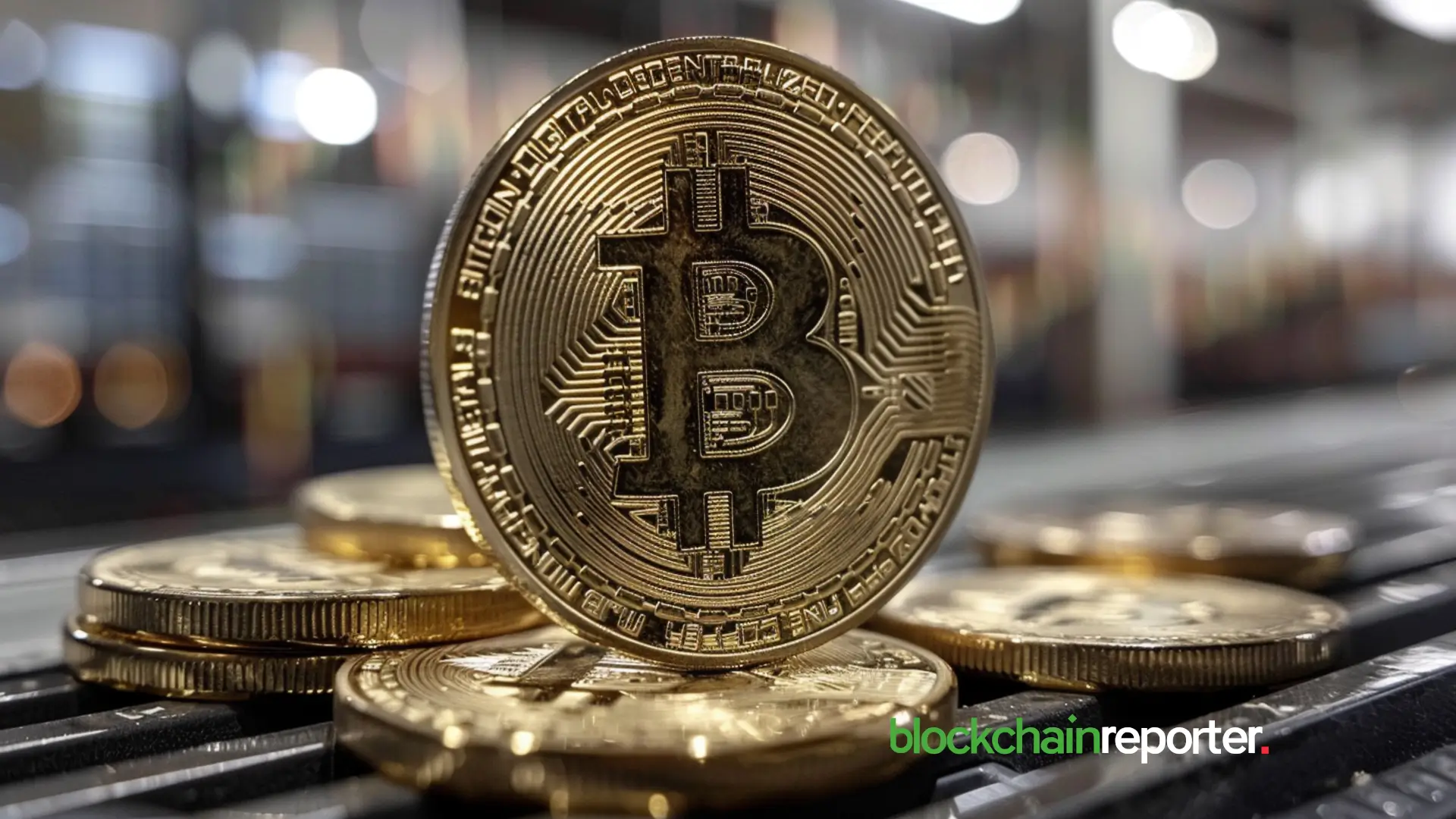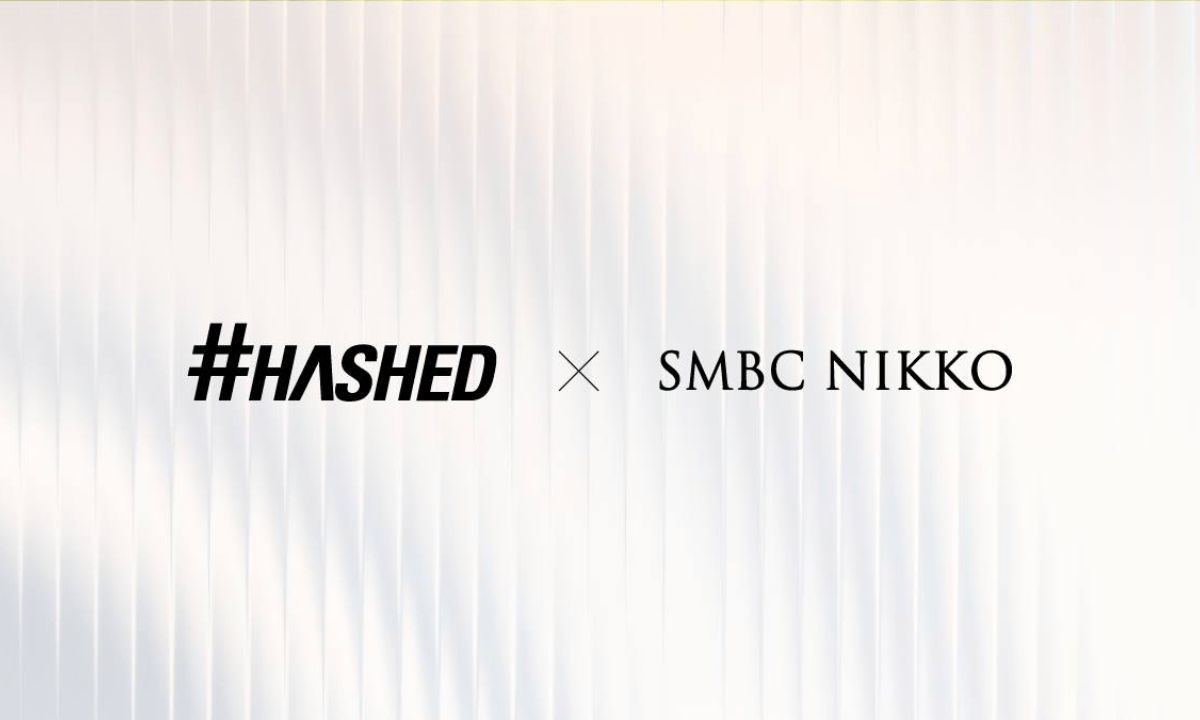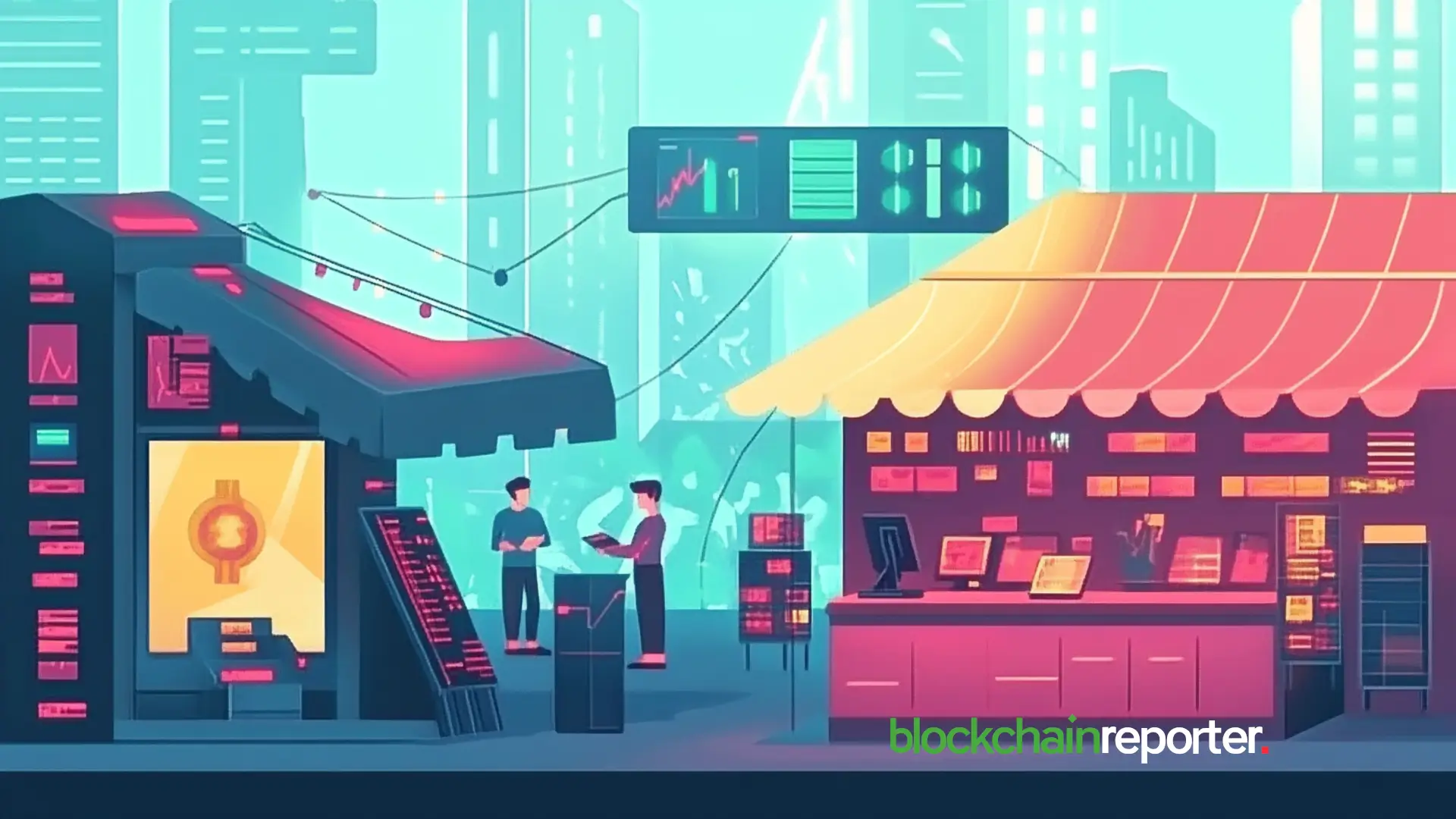Russia Moscow Exchange Launches Bitcoin Futures Trading as Institutional Demand Grows



- Russia’s Moscow Exchange is introducing trading in Bitcoin futures for qualified investors under the IBIT ticker.
- The contracts are denominated in U.S. dollars but are settled in rubles and do not permit physical delivery of Bitcoin.
- While the public is not allowed to directly own crypto, Russia provides institutional access to crypto-linked products.
Bitcoin futures have begun trading on Russia’s largest stock exchange, with qualified investors able to gain exposure to the digital asset via a regulated derivatives product. The Moscow Exchange confirmed it launched on June 4, becoming the first country that has Bitcoin futures for institutional participants to launch.
The product is listed on the ticker IBIT and is based on the Bitcoin Trust ETF . The contract, which settles in Russian rubles, is quoted in U.S. dollars per lot. Contracts expire quarterly, with the initial expiry set for September 2025. It is only open to investors who meet stringent rules to qualify under the country’s laws.
The exchange said its move mirrors Russia’s regulatory framework, which allows financial products backed by crypto values but bans the delivery of digital assets in a tangible form. Such instruments are only made available to people who are deemed to be sufficiently sophisticated and wealthy by the central bank.
Russia’s financial sector is rapidly becoming full of similar strategies by major players. Russia’s top lender, Sber, is also preparing to launch its own crypto-based derivative product, while the SPB Exchange is testing a Bitcoin -linked cash-settled future.
The green light on the regulatory side came after a May 2025 policy shift that saw the Bank of Russia allow sales of crypto-linked securities to qualified investors. The central bank, however, remains against direct crypto trading.
The new futures products provide a compromise. These allow investors to bet on the price of Bitcoin, even if they don’t possess the asset. That means transactions should stay under a managed structure.
Wealthy Investors Granted Limited Market Access
Russia is trying to gradually test broader crypto activity through a tightly controlled pilot program. Under strict oversight, the Bank of Russia has begun a three-year plan allowing highly qualified individuals to buy and sell digital assets.
In order to take part, participants must pass stringent thresholds such as holding at least 100 million rubles in financial instruments or earning more than 50 million rubles last year. These people get access to trade crypto in a legal sandbox, but physical delivery of the assets is still disallowed.
The Ministry of Finance is also evaluating two local exchanges to participate in the pilot and make sure only authorized platforms deal with cryptocurrency securities. The aim is to reduce reliance on informal crypto markets whilst retaining regulatory control.
However, the Moscow Exchange is also preparing to launch its dedicated crypto platform targeted at ‘super-highly’ credentialed investors, indicating that the policy on digital assets will finally be institutional. In April, Finance Minister Anton Siluanov confirmed the plan, which positions Russia to compete in global crypto markets through regulated infrastructure.
Authorities are also strengthening enforcement. Last month, the Ministry of Justice proposed legislation to permit courts to seize digital assets involved in criminal investigations. The proposal outlines the government’s plan to track crypto use while institutionalizing it into legal financial systems.

Hashed Ventures Secures First Strategic Investment in Japan from SMBC Nikko Securities
Seoul, South Korea, 6th June 2025, Chainwire...

Crypto Market Drops as Key Crypto Assets Record Notable Plunges
Crypto market dips by 2.3% as Bitcoin ($BTC) and Ethereum ($ETH) plunge but volume spikes, DeFi and ...

Pop Social and SocialGrowAI Partner to Reform Web3 Engagement
This collaboration is anticipated to boost the Web3 user experience with the provision of more trans...


 Russia's Moscow Stock Exchange launches Bitcoin futures trading.
Russia's Moscow Stock Exchange launches Bitcoin futures trading.